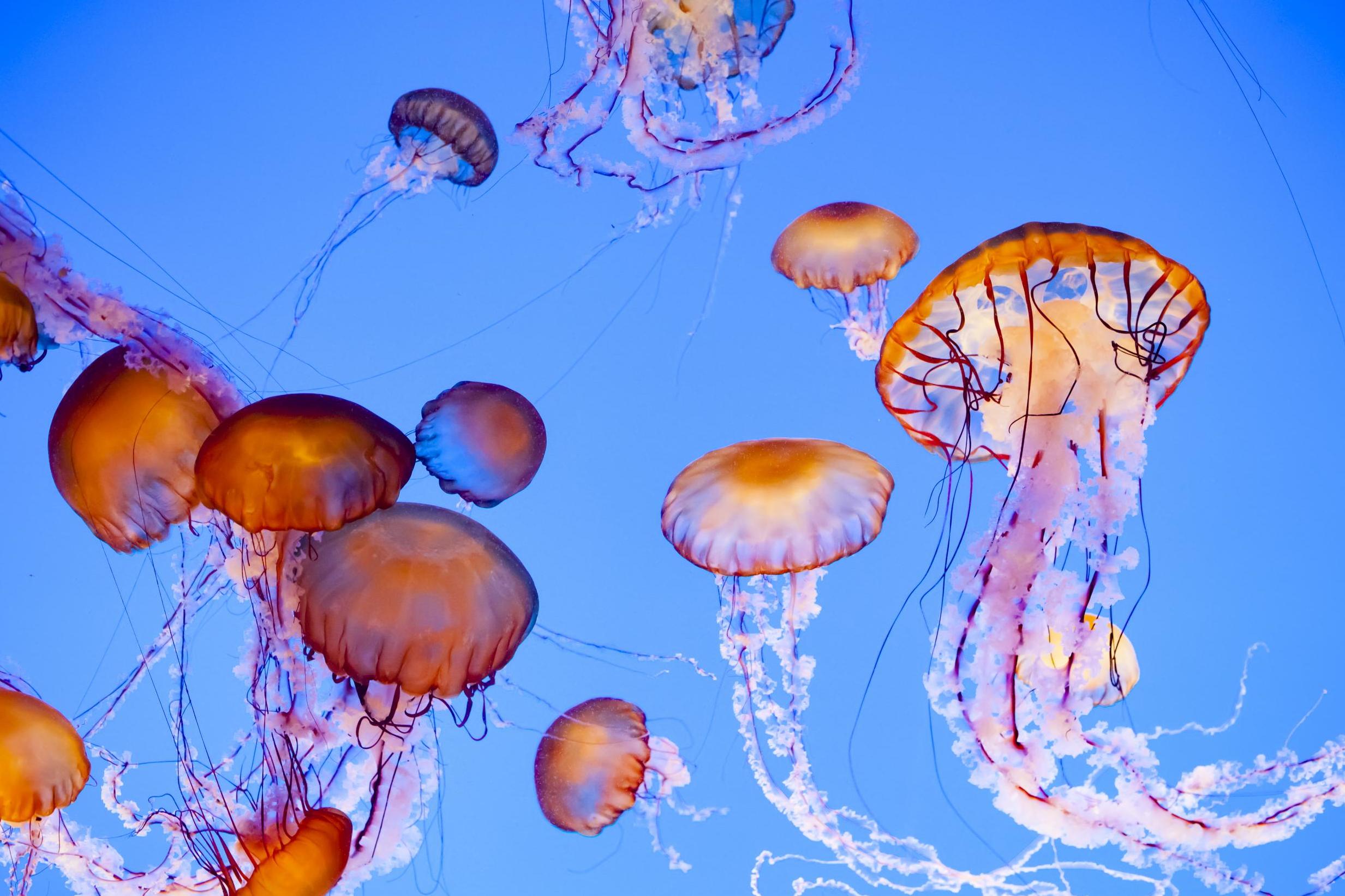We need to start eating jellyfish to reduce their growing numbers, advise scientists
‘I don’t think you’re ready for this jelly’

Your support helps us to tell the story
From reproductive rights to climate change to Big Tech, The Independent is on the ground when the story is developing. Whether it's investigating the financials of Elon Musk's pro-Trump PAC or producing our latest documentary, 'The A Word', which shines a light on the American women fighting for reproductive rights, we know how important it is to parse out the facts from the messaging.
At such a critical moment in US history, we need reporters on the ground. Your donation allows us to keep sending journalists to speak to both sides of the story.
The Independent is trusted by Americans across the entire political spectrum. And unlike many other quality news outlets, we choose not to lock Americans out of our reporting and analysis with paywalls. We believe quality journalism should be available to everyone, paid for by those who can afford it.
Your support makes all the difference.Jellyfish numbers have reached such a worrying high in the Mediterranean that one marine biologist is urging Brits to start eating them in order to lessen the infestation.
Offshore windfarms and oil and gas platforms might be to blame, as they inadvertently provide an ideal habitat for the creatures to thrive, according to a recent study conducted by Slovenian and Portuguese scientists.
One particularly hazardous breed, the mauve stinger, is rearing its tentacles more frequently around Britain in particular. Their sting is classified as one of the worst, often causing a burning sensation, intense pain and skin rashes.
Professor Silvio Grecio – one of Italy’s most esteemed marine biologists – has been experimenting with ways to make the harmful sea creature appetising.
"Jellyfish remind me of oysters,” he told the BBC. “When you eat them you experience an explosion of the sea on your tongue. They are, after all, 90% seawater," he explained.
Due to the creature’s natural salty taste, there’s no need to season it at all.
The number of jellyfish in the Mediterranean has risen by 400 per cent in the last 13 years due to pollution and climate change.
It’s a big issue for biodiversity, explained Grecio, who insists the jellyfish are a highly opportunistic species that quickly conquer empty spaces in the sea and are consequently inhibiting marine food chains.
“Now man must be the new predator of jellyfish,” he said.
His ethos is part of a campaign that he’s been promoting at the sustainable fishing Slow Fish festival, which takes place every two years in Genoa.
In order to encourage people to eat it, Grecio is focusing on highlighting the nutritional benefits of the species, as jellyfish are rich in protein and collagen and also happen to be fat-free and fairly low in calories.
It's most commonly cooked with Asian flavourings like soy and sesame oil.
One popular method that Grecio has been using to cook the sea creature is by deep frying it to create a tempura-meets-calamari dish.
As most attendees at Slow Fish will advocate, if you can’t beat ‘em, eat ‘em.
Join our commenting forum
Join thought-provoking conversations, follow other Independent readers and see their replies
Comments